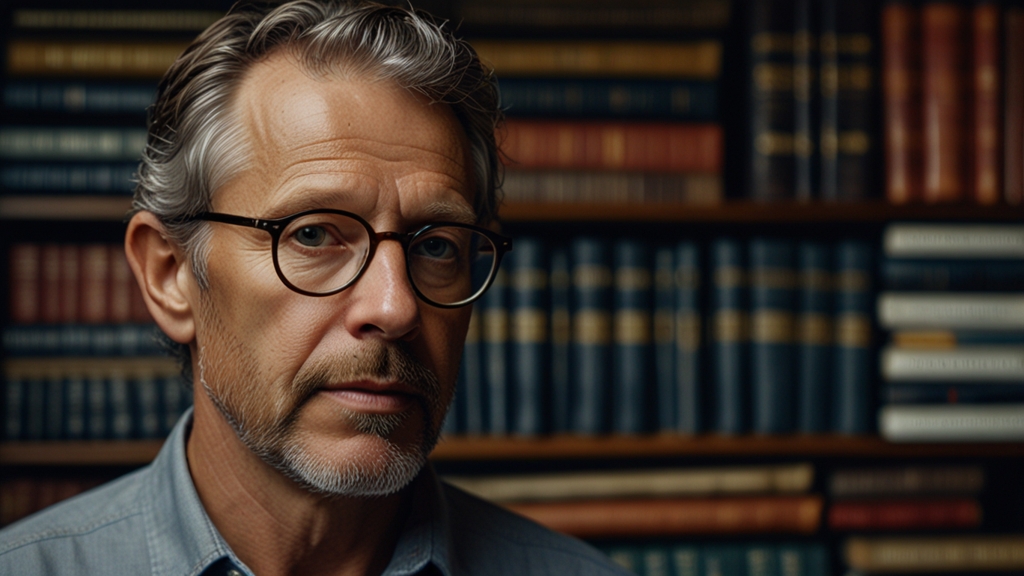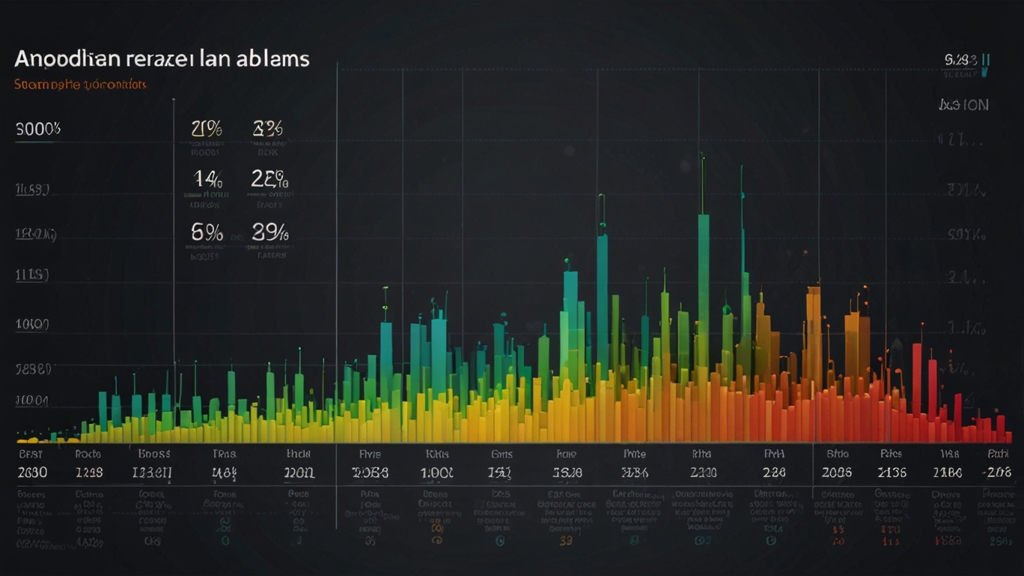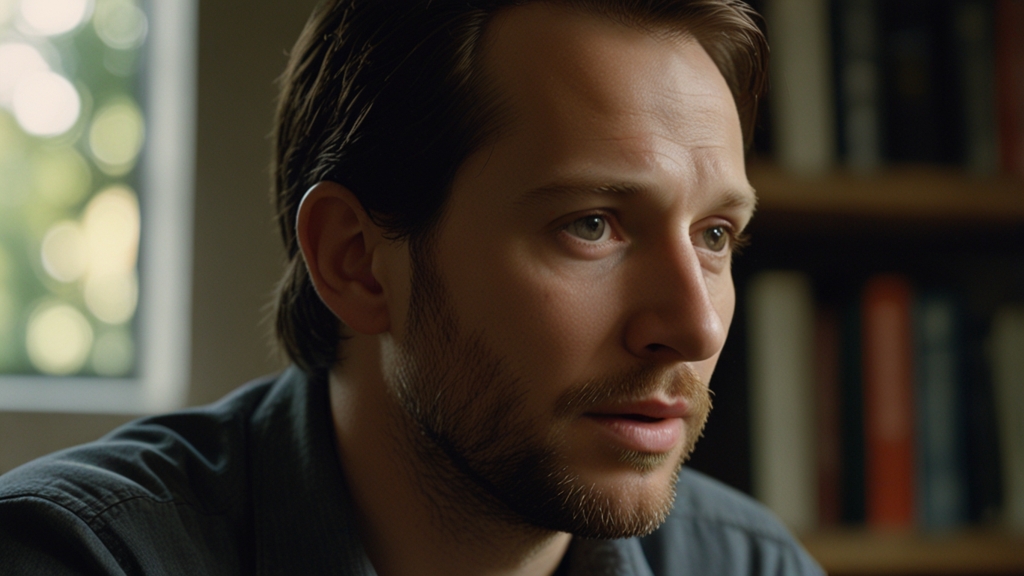What Can We Really Know? The Enduring Questions of Epistemology
Epistemology, the branch of philosophy concerned with the theory of knowledge, grapples with profound and enduring questions that have intrigued thinkers for millennia. At its heart lies a simple yet profound query: What can we really know? This question serves as the foundation for a host of related inquiries about the nature, scope, and limits of human knowledge.
The Nature of Knowledge
One of the primary questions in epistemology is, "What constitutes knowledge?" Traditionally, knowledge has been defined as "justified true belief." This definition suggests that for someone to know something, three conditions must be met: the belief must be true, the person must believe it, and there must be sufficient justification for the belief.
Yet, this seemingly straightforward definition has faced numerous challenges. The philosopher Edmund Gettier, for example, presented scenarios in which all three conditions were met, but it still seemed inappropriate to claim that genuine knowledge had been achieved. These "Gettier problems" have spurred extensive debate and led to new theories and refinements in the understanding of knowledge.
Skepticism and the Limits of Knowledge
Skepticism is another crucial aspect of epistemology, questioning whether we can ever truly know anything at all. Radical skepticism argues that since all our knowledge comes through fallible human perception and reasoning, we can never be completely certain of anything. Historical figures like René Descartes have famously engaged with skepticism. In his "Meditations on First Philosophy," Descartes systematically doubted everything he could, only to find that his own existence was the only indubitable truth—"Cogito, ergo sum" ("I think, therefore I am").
"There is nothing more dangerous than the certainty of knowledge without the understanding of its limitations." - Voltaire
Descartes' exercise laid the groundwork for subsequent philosophical inquiries into the certainty and scope of human knowledge. While few adopt radical skepticism in everyday life, it remains a useful philosophical tool to continually question, refine, and ground our claims to knowledge.
Sources of Knowledge
Another enduring question in epistemology concerns the sources from which knowledge can be derived. Key distinctions are often made between a priori knowledge (knowledge independent of experience) and a posteriori knowledge (knowledge dependent on experience). Rationalists argue that significant parts of our knowledge come from logical reasoning and innate ideas, while empiricists contend that all knowledge originates from sensory experience.
The Role of Perception
Perception is typically regarded as a primary means of acquiring knowledge about the world. However, it raises questions of its own: How reliable are our senses? Can they be trusted to give us a true picture of reality? Consider the phenomenon of optical illusions, which demonstrate that our senses can deceive us. Philosophers like Immanuel Kant went on to argue that while our perceptions may be structured by the mind in particular ways, they do not necessarily reflect the world as it is in itself.
"All our knowledge begins with the senses, proceeds then to the understanding, and ends with reason. There is nothing higher than reason." - Immanuel Kant
The Social Dimension of Knowledge
Recently, philosophers have also begun to emphasize the social dimension of knowledge. It's argued that much of what we know is not directly experienced or reasoned but is instead obtained through others, such as through education, communication, and culture. This leads to further questions about trust, credibility, and the mechanisms by which knowledge is transmitted and validated within communities.
Conclusion
The enduring questions of epistemology drive us to continually scrutinize our understanding of knowledge. As we delve deeper into what we can know, how we know it, and the limitations of our knowledge, we are forced to confront both the power and the frailty of human cognition. While definitive answers may remain elusive, the journey itself deepens our appreciation for the complexity of the human mind and the rich tapestry of ideas that make up the world of philosophy.











